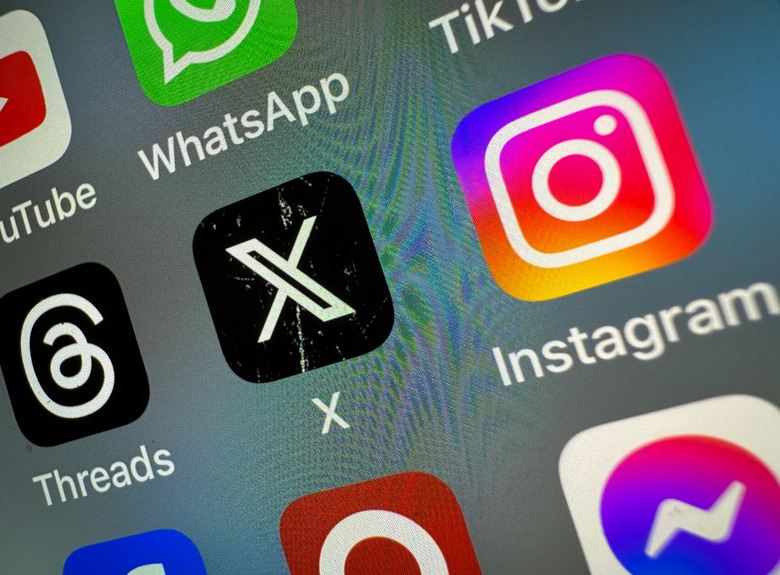After Ruining Instagram, Meta Might Be Forced To Break Up With It Altogether
Whenever I open Instagram these days, I find myself wondering what, exactly, it's trying to be. A TikTok clone? A shopping app? A cluttered dashboard of features I never use? It seems determined to do everything except show me the content I actually want to see.
The bloated, algorithm-happy mess it's become, of course, was to be expected when you swap out Instagram's original founders with a company loyalist. Ever since Adam Mosseri — one of Meta CEO Mark Zuckerberg's longtime lieutenants — took over Instagram a few years ago, the app has felt increasingly like a test kitchen for Meta's worst ideas. The founders, Kevin Systrom and Mike Krieger, left the company after resisting Zuckerberg's push to more aggressively monetize the platform and integrate it more tightly into the broader Facebook ecosystem.
When they left, so too did Instagram's sense of identity. In their place, users like me got more ads, Reels, and AI-suggested junk from people I don't follow. Which is to say: More friction between me and the friends I originally downloaded the app to keep up with.
And now, here comes the irony: After stuffing Instagram with features and draining it of soul ... Meta might not even be able to keep it.
A high-stakes antitrust trial kicked off on Monday, between Meta and the Federal Trade Commission. The commission is seeking to potentially force Meta to divest from both Instagram and WhatsApp, with the government arguing that Meta didn't just win the social networking game — it bought its way to the top by snapping up potential rivals before they could become true threats.
According to FTC Chair Lina Khan, in a CNBC interview, Facebook "panicked" as smartphone adoption soared and resorted to a "buy-or-bury scheme" to protect its dominance. Instagram and WhatsApp were simply swallowed up before they could blossom into competition. And, ironically, here's one of the most ironic developments to emerge from the trial thus far — Zuckerberg actually floated the idea of spinning off Instagram in the past.
In a document from 2018, he said he thought Meta should "consider the extreme step of spinning Instagram out" to get in front of regulators. "As calls to break up the big tech companies grow, there is a non-trivial chance that we will be forced to spin out Instagram and perhaps Whatsapp in the next 5-10 years anyway," Zuckerberg said.
Meta, of course, disagrees. In a pretrial brief, the company's lawyers pushed back on the monopoly claim in addition to floating an eyebrow-raising counterpoint: While the government is fighting in this case to break up an American tech giant, it's also bending over backward to keep TikTok — a China-owned app — alive and well in the US.
Regardless of how the Meta trial plays out, it's certainly a moment of reckoning. Instagram may still be widely popular, but its original magic has been algorithmically buried. If the court sides with the FTC, Meta could be forced to give it up. And you know what? After everything the app's been through, that might actually be the best thing that could happen to it.
